By Amit Roy
IT IS for a psychiatrist such as Dr Raj Persaud to analyse whether the late American president Richard Nixon suffered from sexual problems – which US president doesn’t? – but he had particular difficulty in dealing with Indira Gandhi, the Indian prime minister who was then one of the few women leaders in the world.
When the Pakistan army invaded East Pakistan in 1971 and conducted a campaign of genocide, the US backed Pakistan against India which was regarded as being too close to the Soviet Union. Bangladesh was born, soaked in blood, after Pakistan was defeated in a brief war with India in December that year.
On November 4, 1971, after Mrs Gandhi had met Nixon, he told his national security adviser, Henry Kissinger, how Indian women disgusted him. “To me, they turn me off. How the hell do they turn other people on, Henry? Tell me. They turn me off. They are repulsive and it’s just easy to be tough with them.”
A few days later, on November 12, in the middle of a discussion about India-Pakistan tensions with Kissinger and secretary of state William P Rogers, after the latter suggested reprimanding Mrs Gandhi, the president blurted: “I don’t know how they reproduce!”
In June 1971, Nixon had told HR Haldeman, the White House chief of staff: “Undoubtedly the most unattractive women in the world are the Indian women.”
“Undoubtedly,” he repeated, venomously.
All this was revealed last week in the New York Times in an article by Gary J Bass, professor of politics and international affairs at Princeton. “I documented the violent birth of Bangladesh and the disgraceful White House diplomacy around it in my book The Blood Telegram: Nixon, Kissinger and a Forgotten Genocide published in 2013,” Bass says in the article.
Headed “The Terrible Cost of Presidential Racism”, the article’s standfirst summed up: “Recently declassified White House tapes reveal how president Nixon’s racism and misogyny led him to ignore the genocidal violence of the Pakistani military in what is today Bangladesh.”
Bass writes: “As Americans grapple with problems of racism and power, a newly declassified trove of White House tapes provides startling evidence of the bigotry voiced by president Richard M Nixon and Henry Kissinger, his national security adviser.
“The full content of these tapes reveal how US policy toward South Asia under Mr Nixon was influenced by his hatred of, and sexual repulsion toward, Indians.
“These new tapes are about one of the grimmest episodes of the Cold War, which brought ruin to Bangladesh in 1971. At that time, India tilted heavily toward the Soviet Union while a military dictatorship in Pakistan backed the United States.
“In March 1971, after Bengali nationalists won a democratic election in Pakistan, the junta began a devastating crackdown on its own Bengali citizens. Mr Nixon and Mr Kissinger staunchly supported the military regime in Pakistan as it killed hundreds of thousands of Bengalis, with 10 million refugees fleeing into neighbouring India. New Delhi secretly trained and armed Bengali guerrillas. The crisis culminated in December 1971 when India defeated Pakistan in a short war that resulted in the creation of an independent Bangladesh.”
Alas, for Nixon, he is the only president in US history who has had to resign to avoid being impeached for ordering the cover up of the burglary at the Watergate building in Washington where the rival Democrats had their election campaign headquarters.
He is depicted as the villain in two memorable movies, All the President’s Men (1976), starring Robert Redford and Dustin Hoffman as two investigative reporters at the Washington Post, and Steven Spielberg’s The Post (2017).
That film features Meryl Streep as Katharine Graham, the first female publisher of a major American newspaper, and Tom Hanks as Ben Bradlee, the long-time executive editor of the Washington Post.
For all her faults and despite the emergency she declared in 1975, Mrs Gandhi is remembered as a heroine in India. Meanwhile, foul-mouthed “Tricky Dicky” has gone down as one of the biggest crooks in American history.





 LONDON, ENGLAND - JUNE 22: Baroness Floella Benjamin speaks during the unveiling of the National Windrush Monument at Waterloo Station on June 22, 2022 in London, England. The photograph in the background is by Howard Grey. (Photo by John Sibley - WPA Pool/Getty Images)
LONDON, ENGLAND - JUNE 22: Baroness Floella Benjamin speaks during the unveiling of the National Windrush Monument at Waterloo Station on June 22, 2022 in London, England. The photograph in the background is by Howard Grey. (Photo by John Sibley - WPA Pool/Getty Images)









 Ed Sheeran and Arijit Singh
Ed Sheeran and Arijit Singh Aziz Ansari’s Hollywood comedy ‘Good Fortune’
Aziz Ansari’s Hollywood comedy ‘Good Fortune’ Punjabi cinema’s power-packed star cast returns in ‘Sarbala Ji’
Punjabi cinema’s power-packed star cast returns in ‘Sarbala Ji’ Mahira Khan
Mahira Khan ‘Housefull 5’ proves Bollywood is trolling its own audience
‘Housefull 5’ proves Bollywood is trolling its own audience Brilliant indie film ‘Chidiya’
Brilliant indie film ‘Chidiya’  John Abraham
John Abraham Hina Khan and her long-term partner Rocky Jaiswal
Hina Khan and her long-term partner Rocky Jaiswal  Shanaya Kapoor's troubled debut
Shanaya Kapoor's troubled debut Sana Yousuf
Sana Yousuf



 Shraddha Jain
Shraddha Jain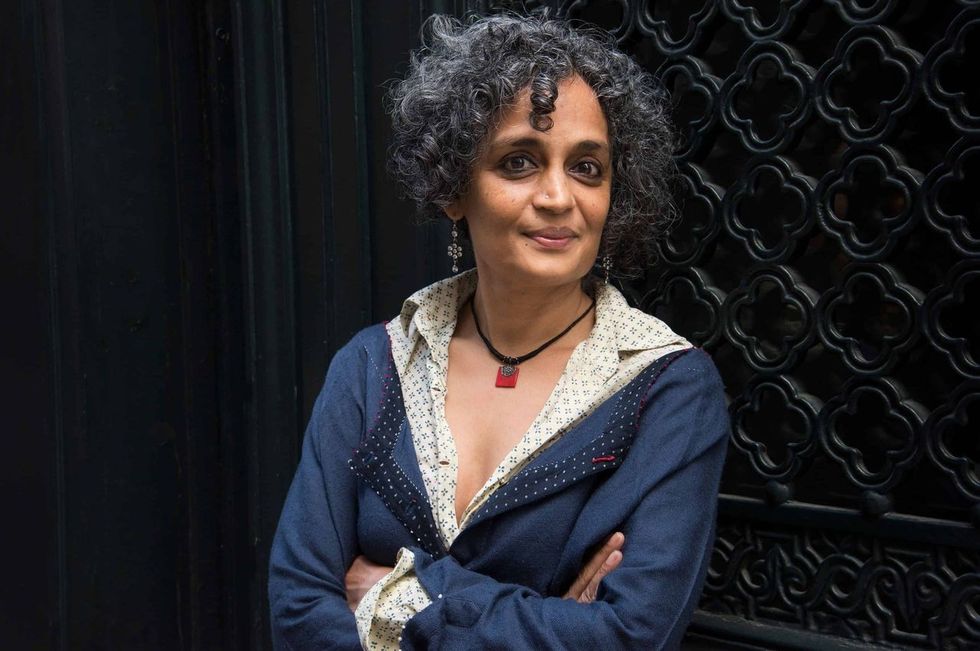 Arundhati Roy
Arundhati Roy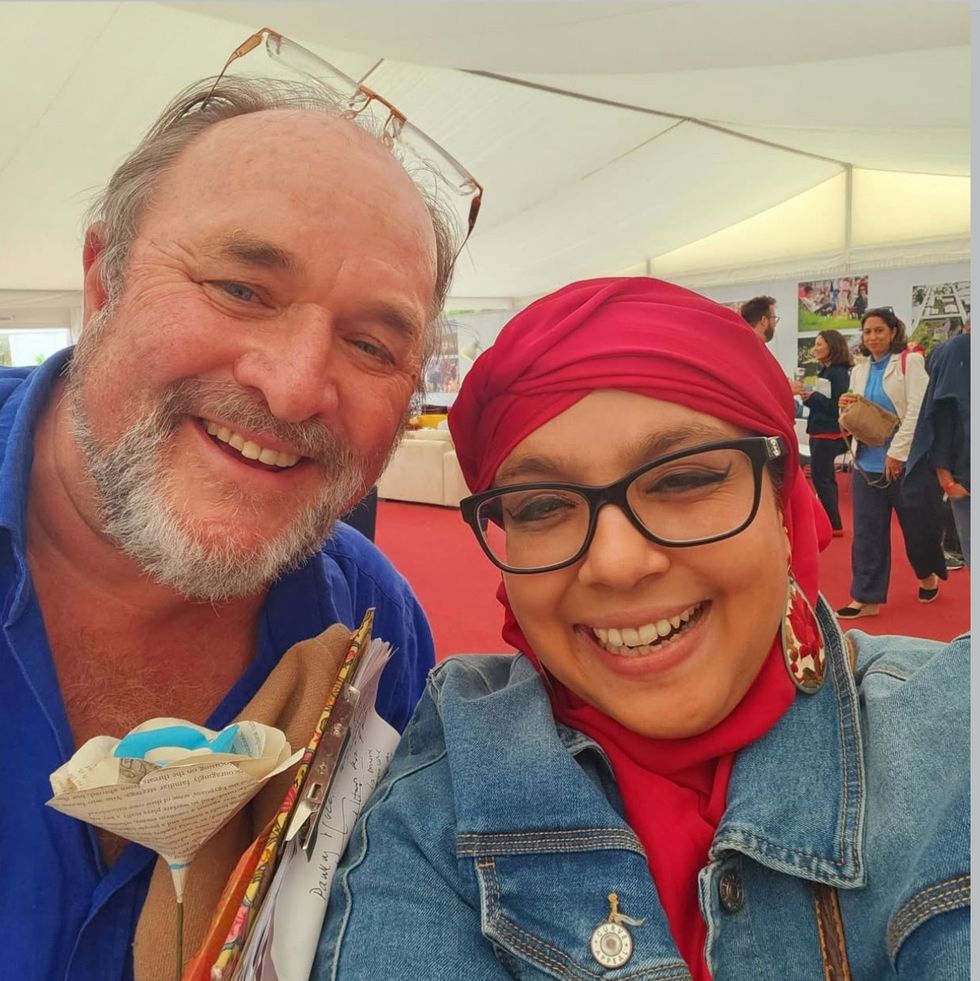 William Dalrymple and Onjali Q Rauf
William Dalrymple and Onjali Q Rauf Ravie Dubey and Sargun Mehta
Ravie Dubey and Sargun Mehta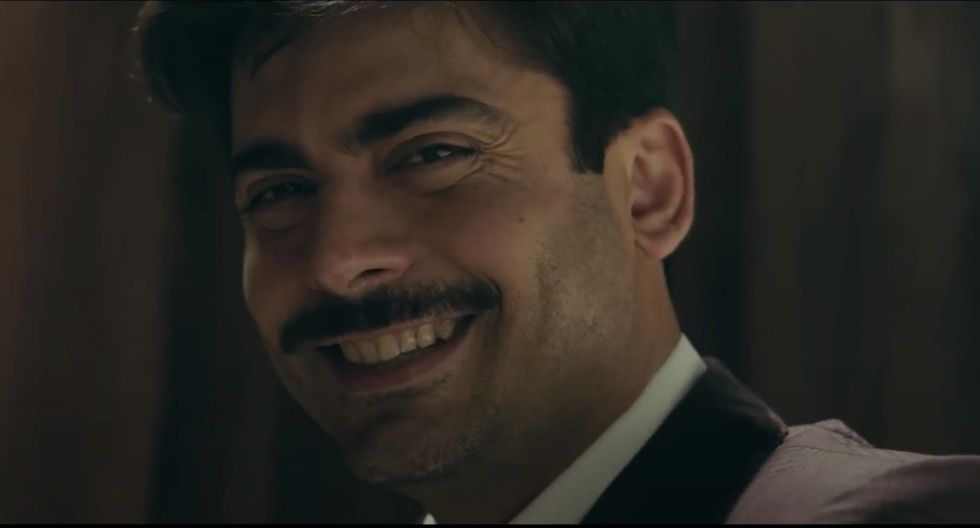 Money Back Guarantee
Money Back Guarantee Homebound
Homebound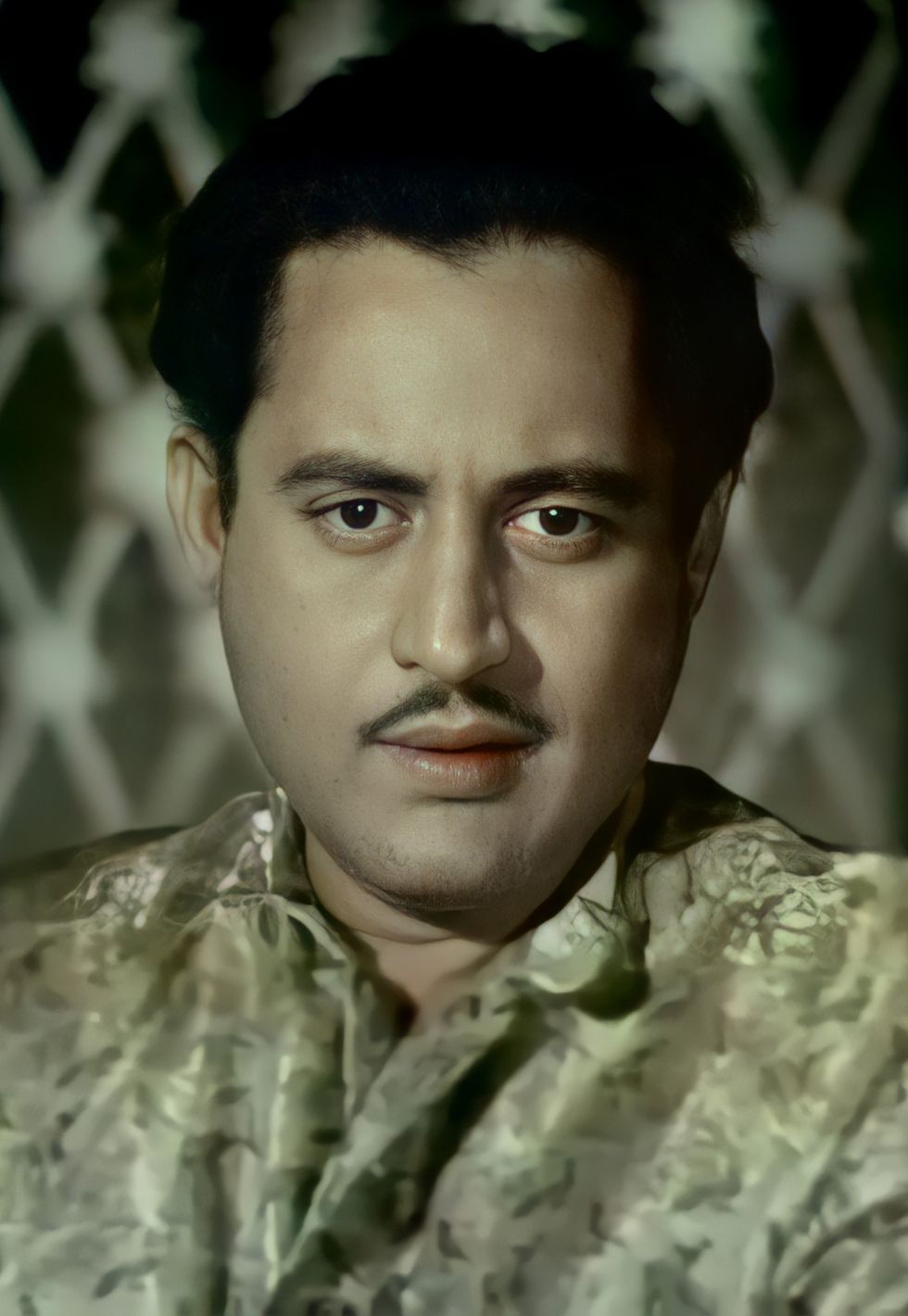 Guru Dutt in Chaudhvin Ka Chand
Guru Dutt in Chaudhvin Ka Chand Sarita Choudhury
Sarita Choudhury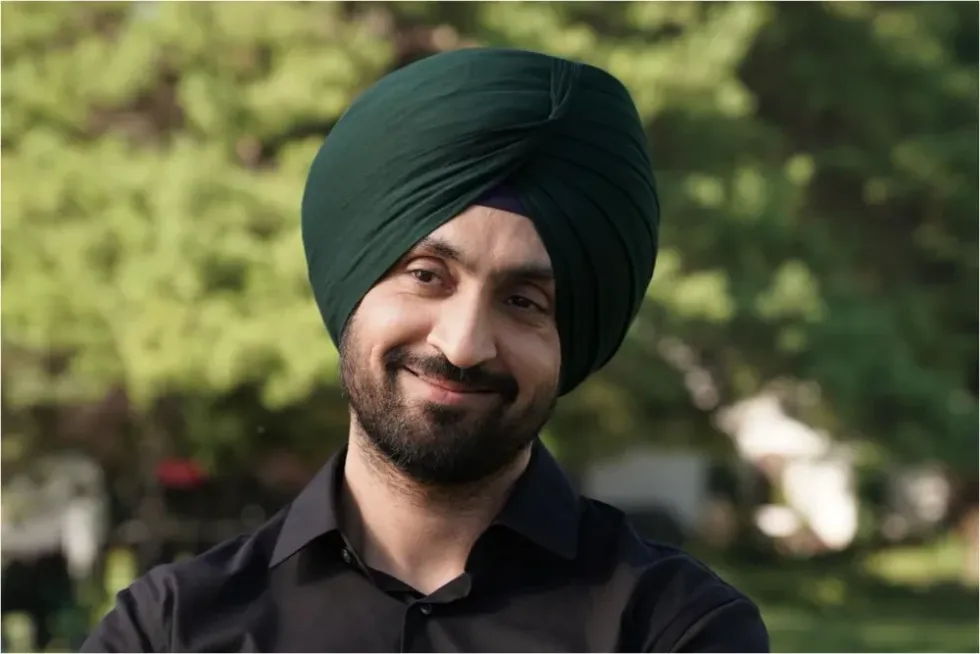 Detective Sherdi
Detective Sherdi